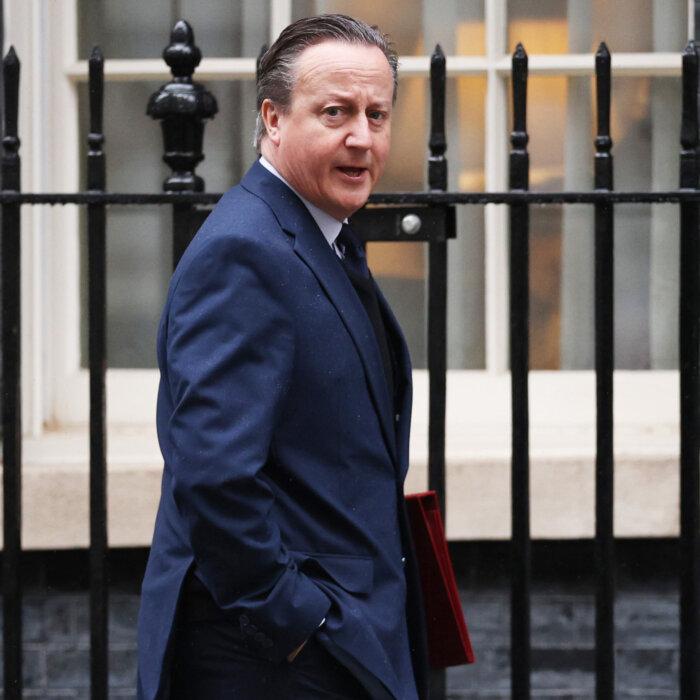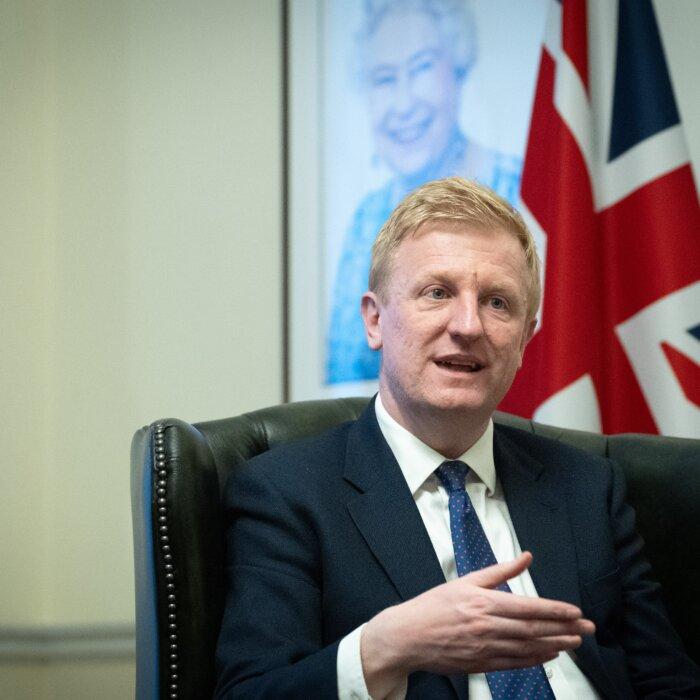Labour will have a full audit of the UK’s relations with Beijing within the first 100 days if it is elected into government, a shadow Cabinet minister said on Wednesday.
Jonathan Ashworth, the shadow paymaster general, made the remarks following media reports that claimed the Chinese regime is behind a recent cyber attack of the armed forces’ payment system.
In an interview with Sky News on Wednesday, Mr. Ashworth sidestepped the question on whether Labour would name China if it was behind the attack, but said the UK needs to “do more as a nation to protect ourselves from these very serious cyber attacks.”
Outlining the party’s plan to audit “all UK–China relations” once elected, the Labour frontbencher said China is a “strategic challenge.”
“At the same time China is also a big part of the global economy, and we have bilateral trade arrangements with them,” he said.
“But equally a Labour government would always take national security as our absolutely number one priority. It has to be. Protecting our citizens is—there can be no compromise on that,” he added.
After identifying the suspected attack, the Ministry of Defence shut down the third party payroll system, run by contractor SSCL, and launched a full investigation to examine potential failings and prevent future incidents, Defence Secretary Grant Shapps told MPs on Tuesday.
In March, the government sanctioned a front company and two individuals involved with the Chinese regime-affiliated hacking group APT31 over the hacking of the Electoral Commission in 2021 and online “reconnaissance” aimed at the email accounts of MPs and peers.
According to an unsealed U.S. indictment, the hackers had sent 1,000 emails to more than 400 accounts of individuals associated with the Inter-Parliamentary Alliance on China, an alliance of 47 UK parliamentarians and over 200 lawmakers from other legislatures on six continents, which was founded in 2020 in response to the challenge posed by the Chinese communist regime.
The ministers also said the UK “must engage with China” when it is in the UK’s interests.
Polls and local elections results indicate Labour could soon be in government for the first time in 14 years, a time period during which Sino–UK relations entered a so-called golden age that has soured in recent years.
Since the CCP’s suppression of the pro-democracy movement in Hong Kong, including by imposing a draconian national security law in 2020, the UK has declared the regime to be in breach of the Sino–British Joint Declaration.
Supply chain risks exposed during the COVID-19 pandemic and increased geopolitical tensions have also prompted the Conservative government to tighten national security measures and categorise dealing with Beijing as an “epoch-defining challenge.”
However, the government has rejected calls from more hawkish parliamentarians to label China a “threat.”
Shadow foreign secretary David Lammy has also said Labour’s China policy won’t be “boiled down to one word, which is threat” during an event hosted by the Tony Blair Institute for Global Change last year.







